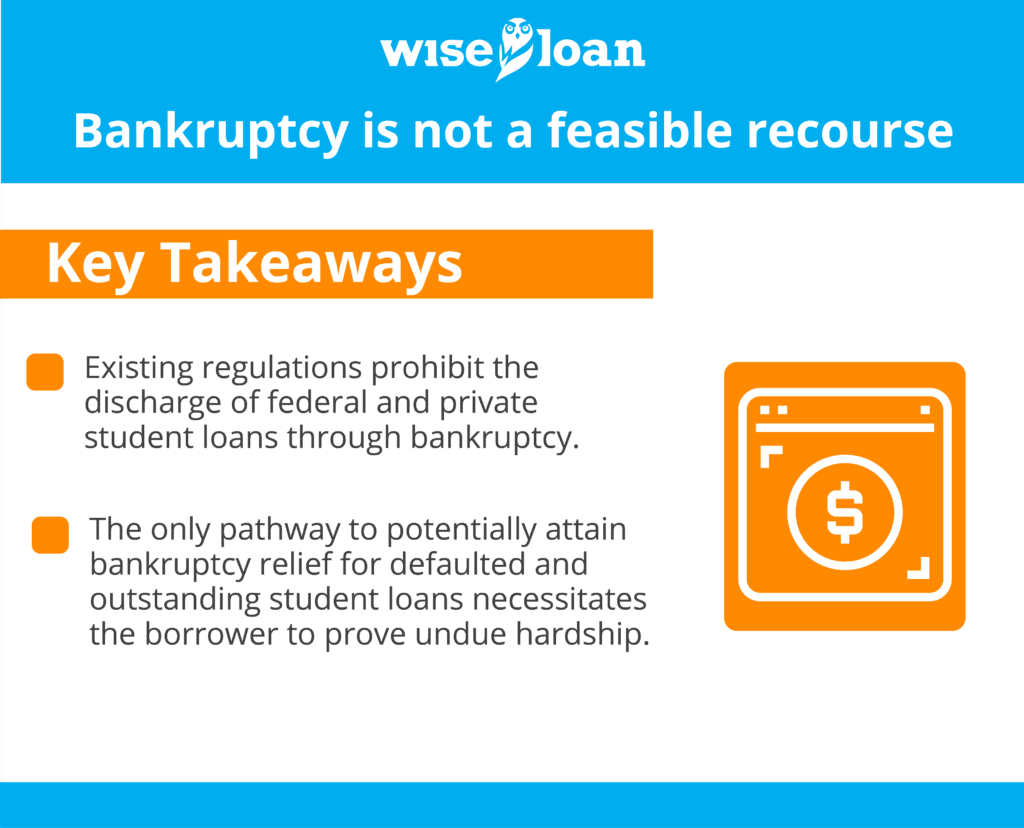On August 9, 2017, a significant legal development unfolded as the United States Department of Education initiated a legal action that could have far-reaching implications for a multitude of professionals, including teachers, social workers, police officers, and other public servants and government officials. This legal motion posits a pivotal question: whether the long-anticipated forgiveness of student debt for public service employees was definitively decided, as widely believed.
A decade ago, the inception of the Public Service Loan Forgiveness program brought forth a mechanism aimed at alleviating the burden of federal student loans. Described in a recent blog post on the official USDE website, the program was outlined as an expansive initiative for debt forgiveness based on employment and spanning across government and non-profit sectors. According to its stipulations, individuals working in these fields could have their educational loan obligations expunged after consistently making on-time payments over a period of ten years.
Have you done the calculations? This implies that the inaugural cohort of eligible borrowers could potentially initiate the process of having their outstanding loans forgiven this upcoming autumn.
A cluster of attorneys, supported by the American Bar Association, is embroiled in a legal dispute with the Department of Education, alleging a modification in the eligibility criteria for the Public Service Loan Forgiveness program and its corresponding employers. This contention revolves around the fact that the American Bar Association doesn’t fall under the classification of a 501(c)3 nonprofit organization, and legal professionals might not necessarily be directly employed by the government or fall within the definition of “public service.” Consequently, these attorneys and ABA personnel presently fail to meet the requirements for student loan debt forgiveness under the PSLF program.
The Department of Education has petitioned for a “summary judgment,” aiming to resolve the case without proceeding to a trial.
The USDE asserts that no ultimate decisions have been made regarding the multitude of PSLF applicants. While the department acknowledges the receipt of their documentation, it emphasizes that these assessments are merely provisional, non-binding, personalized evaluations.
Furthermore, the filing clarifies that the ultimate determination of eligibility will only materialize after the completion of the ten-year period of consistent payments: “Upon making 120 qualifying payments, [an individual] may submit an application for PSLF.”
Previous reports by NPR have underscored that numerous individuals over the past decade based life-altering decisions on the promise of student debt forgiveness through the PSLF program. Some chose careers with lower compensation in the public sector and adhered to payment plans as prescribed by the Department of Education, consequently allowing interest on their loans to accumulate significantly with the expectation that their educational debt would be erased after ten years.
A decade later, many of these individuals now find themselves confronted with substantial interest debts, in addition to their initial loan amounts, which were not initially accounted for.
Representing the American Bar Association and the individual plaintiffs in the case against the USDE, Chong Park, a partner at the Ropes & Gray law firm, articulated in a statement, “The fate and financial stability of countless dedicated public servants hang in the balance in this lawsuit… Unfortunately, the Department of Education, in its recent submission, reiterates its reluctance to honor commitments made under its own program. This stance is both inequitable and unlawful.”

Regrettably, the Department of Education has not provided further commentary or disclosure beyond what is contained within the legal documentation. Whether this situation will be resolved amicably or not remains uncertain. However, for those who invested considerable hope in this endeavor, they may now need to come to terms with the fact that their expectations might have been misplaced over the past decade.
The recommendations contained in this article are designed for informational purposes only. Essential Lending DBA Wise Loan does not guarantee the accuracy of the information provided in this article; is not responsible for any errors, omissions, or misrepresentations; and is not responsible for the consequences of any decisions or actions taken as a result of the information provided above.
More information on Installment Loans and how they work in your state:











